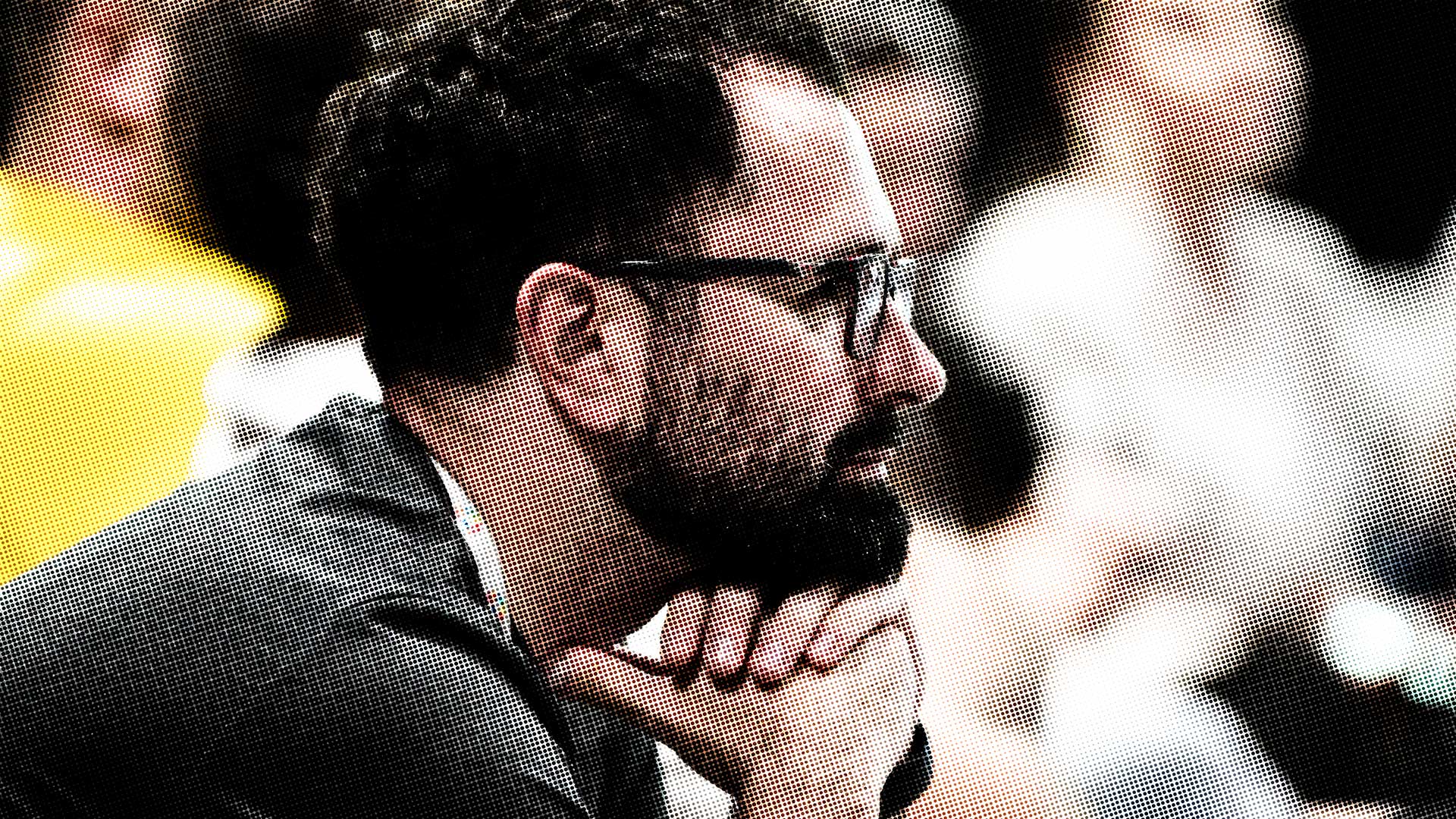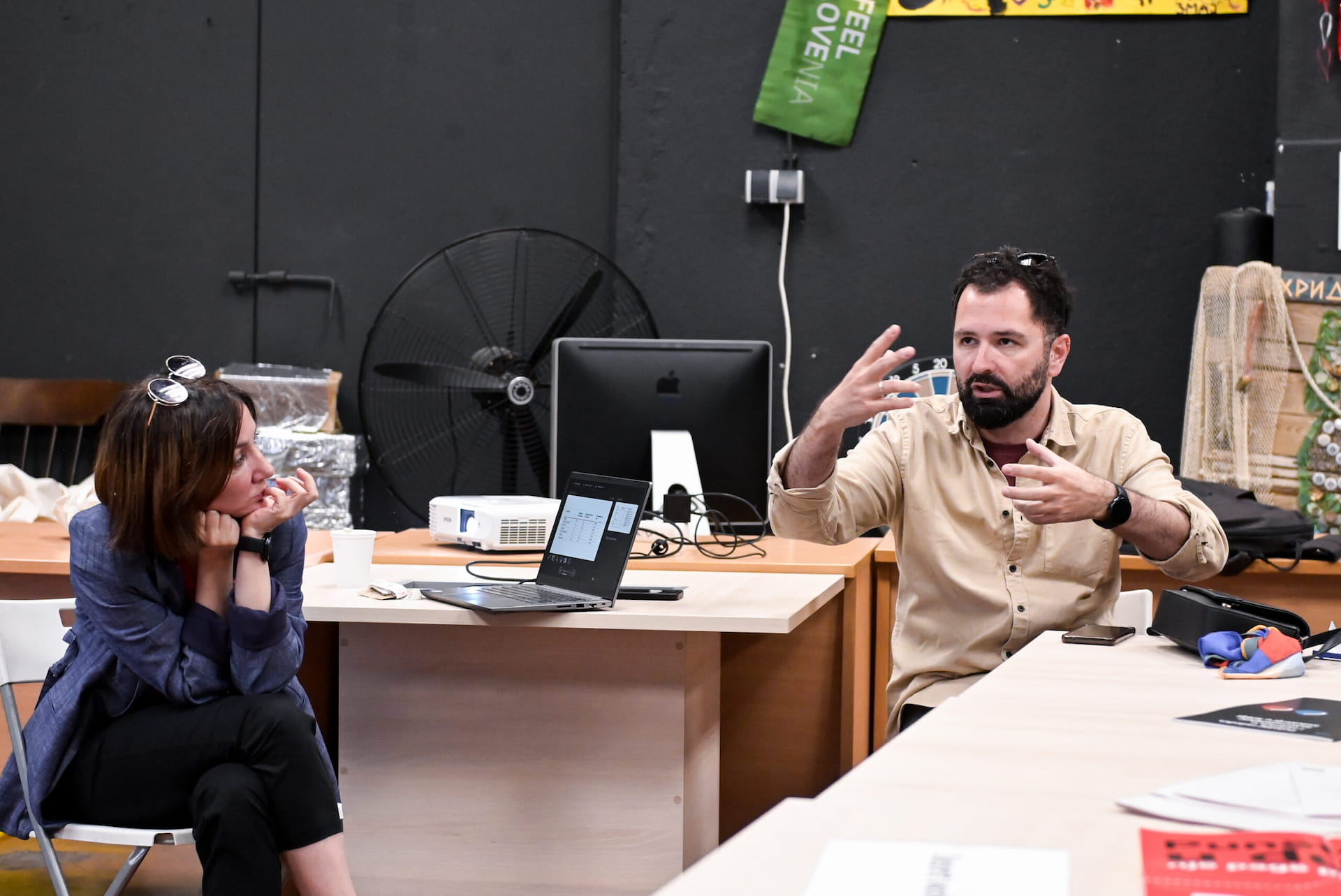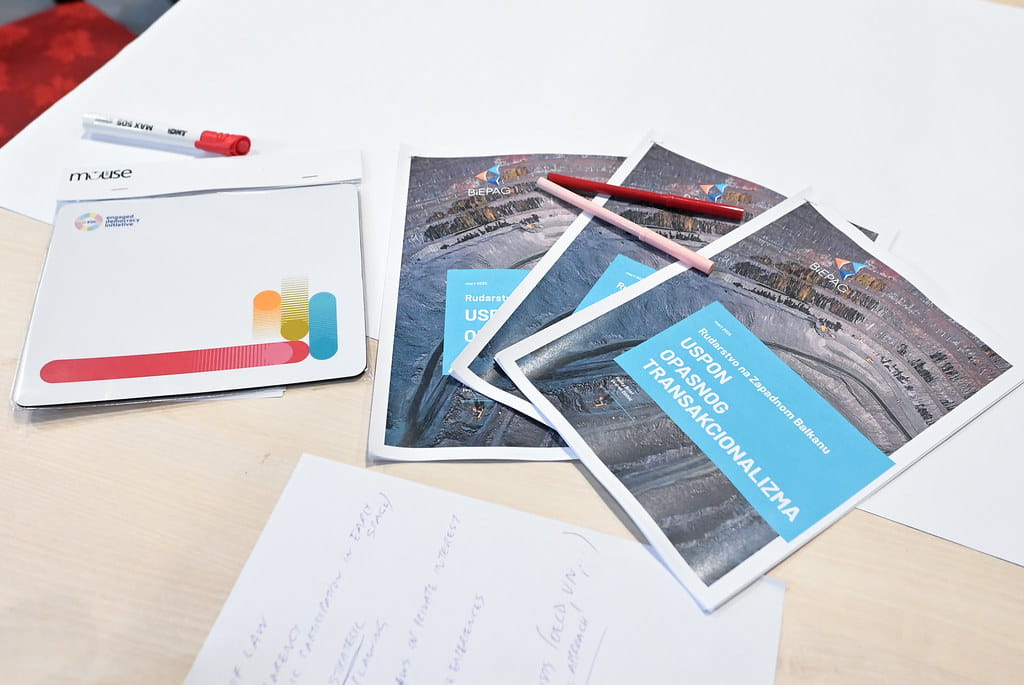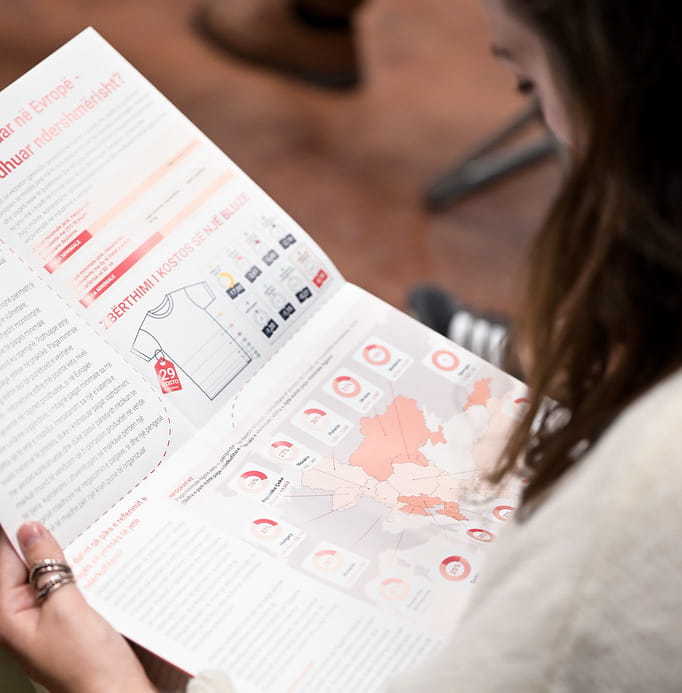
Vladimir Simović: Politicians won't act on labor rights unless we make them
Researcher and activist talks about workers’ rights, EU complicity and regional solidarity
|17.06.2025
|

Simović addresses the EU’s double standards — promising integration while turning a blind eye to violations of democratic norms and labor rights. Photo: EDI convention.
We need to rethink our economic policies moving away from the approach taken over the last two or three decades.

The most recent Engaged Democracy Initiative (EDI) convention was held in Skopje this May. Photo: EDI convention.
It’s nice to be insightful and knowledgeable, but it has little or no impact if it doesn’t contribute to organizing people – because organizing is a form of power needed to make changes.

What began as a small workshop under the EDI has since developed into a growing regional coalition. Photo: EDI convention.

Arian Lumezi
Arian Lumezi is a journalist at K2.0. He holds a master’s degree in International Journalism from Cardiff University, pursued through a Chevening scholarship.
This story was originally written in Albanian.